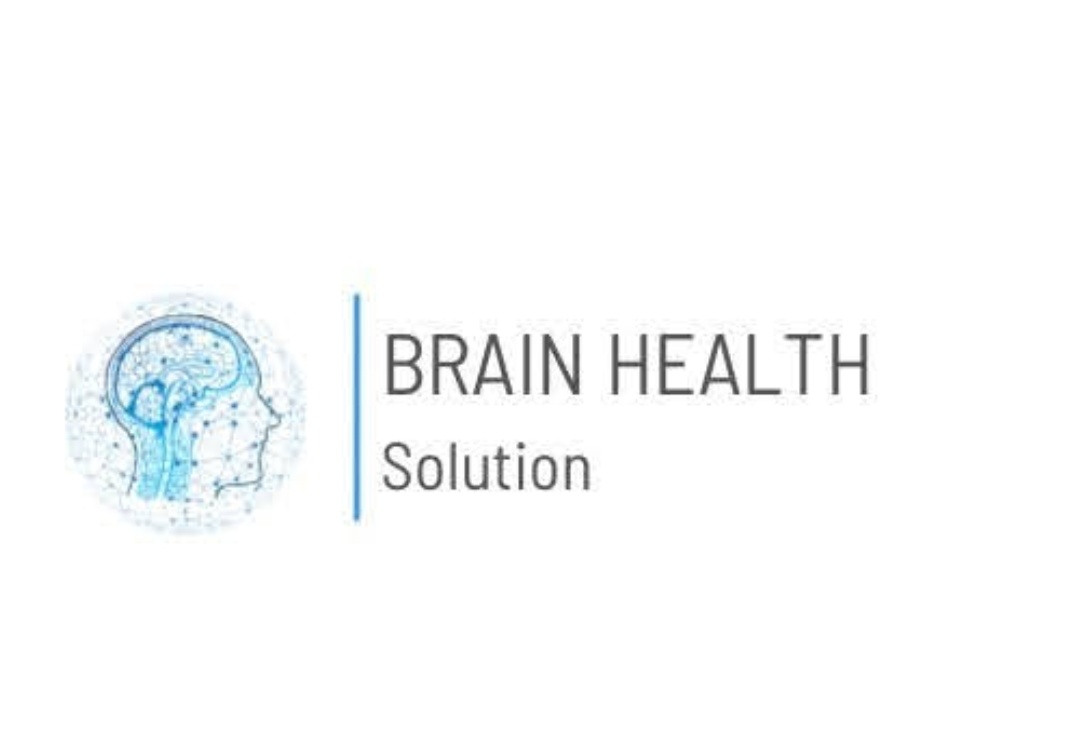Understanding Depression: Key Symptoms, Causes, and Treatments
- Admin

- Apr 3, 2025
- 4 min read
Updated: Jul 4, 2025

Depression is more than just a feeling of sadness – it's a serious mental health condition that affects millions of people worldwide. In the United States alone, nearly 17 million adults have experienced at least one episode of depression, according to the National Institute of Mental Health (NIMH). Understanding depression, its symptoms, causes, and available treatments can help those affected manage and overcome it. If you or someone you know is struggling with depression, this blog will provide crucial insights and resources to guide you through the process of healing.
What Is Depression?
Depression, also known as major depressive disorder (MDD), is a common but serious mood disorder that affects how a person feels, thinks, and handles daily activities. It can cause persistent sadness, hopelessness, and a loss of interest in activities once enjoyed. Depression can interfere with relationships, work performance, and the ability to take care of oneself.
(Source)
Key Symptoms of Depression
Recognizing the symptoms of depression is essential for early intervention and treatment. Symptoms can vary from person to person, but the most common signs can include:
Persistent Sadness: Feeling empty, hopeless, or sad for prolonged periods.
Loss of Interest: Losing interest in hobbies, work, or activities that once brought joy.
Fatigue: Experiencing extreme tiredness or a lack of energy, even after rest.
Changes in Appetite: Either overeating or losing interest in food, leading to weight gain or loss.
Sleep Disturbances: Insomnia or excessive sleeping are both common symptoms of depression.
Feelings of Worthlessness or Guilt: Intense self-criticism or feeling like a failure.
Difficulty Concentrating: Finding it hard to focus, make decisions, or remember things.
Physical Ailments: Unexplained aches, pains, or digestive problems that don't improve with treatment.
If these symptoms persist for more than two weeks and interfere with daily functioning, it's time to seek help from a mental health professional.
Causes of Depression
The causes of depression are complex and can be influenced by a combination of biological, psychological, and environmental factors. Understanding these factors can help in identifying and addressing the root causes of depression.
Genetic Factors: A family history of depression increases the risk of developing the condition. Research shows that depression can be inherited, though environmental and lifestyle factors also play a significant role.
Brain Chemistry: Neurotransmitters, which are chemicals in the brain that regulate mood, can become imbalanced in individuals with depression. This imbalance can interfere with brain function and mood regulation.
Traumatic Events: Experiences such as the death of a loved one, divorce, financial problems, or abuse can trigger depression, particularly in those already vulnerable to the condition.
Chronic Illnesses: Long-term health issues such as diabetes, heart disease, or cancer can contribute to depression due to the emotional and physical toll they take.
Substance Abuse: Alcohol or drug abuse can both lead to and be a result of depression, creating a destructive cycle that exacerbates symptoms.
Treatment Options for Depression
Fortunately, depression is treatable, and there are several options available to those suffering from the condition. Treatment methods can vary based on the severity of the depression and individual needs.
1. Psychotherapy (Talk Therapy)
Cognitive-behavioral therapy (CBT) is one of the most effective forms of treatment for depression. CBT helps individuals identify negative thought patterns and replace them with healthier, more realistic perspectives. Other types of therapy, such as interpersonal therapy (IPT) and psychodynamic therapy, can also be beneficial.
2. Medications
Antidepressant medications, such as selective serotonin reuptake inhibitors (SSRIs) or serotonin-norepinephrine reuptake inhibitors (SNRIs), can help regulate mood. Medication may be prescribed when symptoms are moderate to severe and when psychotherapy alone isn't enough.
3. Lifestyle Changes
Exercise, a healthy diet, and adequate sleep can significantly impact mental health. Engaging in physical activities releases endorphins, which are natural mood boosters. Mindfulness practices such as meditation and yoga can also help reduce stress and improve overall well-being.
4. Support Groups
Joining a support group for individuals with depression can provide a sense of community and shared understanding. Speaking with others who have similar experiences can help reduce feelings of isolation.
5. Neuromodulation Techniques:
Advances in neuromodulation offer additional treatment options. These may include use of Ketamine, Trans Magnetic Stimulation (TMS) or in severe cases, Electroconvulsive Therapy (ECT).
Take Action: You Don't Have to Face Depression Alone
If you or someone you know is struggling with depression, it's crucial to seek help. Depression is treatable, and support is available. Don't wait for things to worsen – take the first step towards recovery today.
Contact Brain Health Solution for compassionate, evidence-based mental health care. We offer in-person appointments in Howard County, Maryland and offer telehealth services across the states of Maryland and Virginia.
FAQs About Depression
What are the most common symptoms of depression?
The most common symptoms include persistent sadness, loss of interest in activities, fatigue, changes in appetite or sleep, feelings of worthlessness, and difficulty concentrating.
Can stress cause depression?
Yes, stress from work, personal relationships, or traumatic events can trigger or worsen depression, especially in those who are already vulnerable.
Is depression hereditary?
Yes, a family history of depression increases the likelihood of developing the condition. However, environmental and lifestyle factors are also significant contributors.
How is depression treated?
Treatment options include psychotherapy, medications, lifestyle changes, and support groups. In severe cases, electroconvulsive therapy (ECT) may be considered.
When should I seek professional help for depression?
If you experience symptoms for more than two weeks that interfere with your daily life, it's essential to seek help from a mental health professional.
.png)



Comments